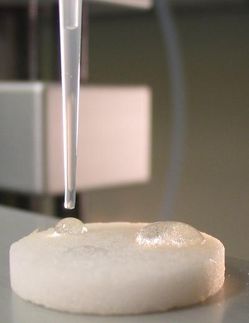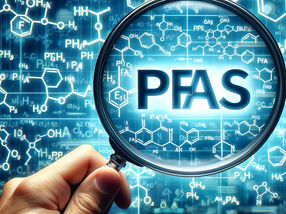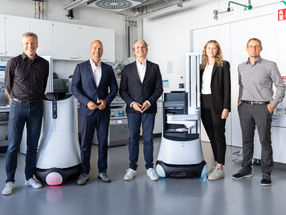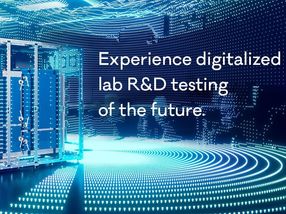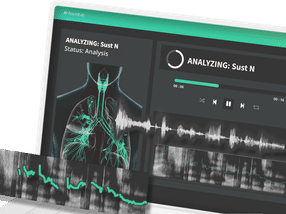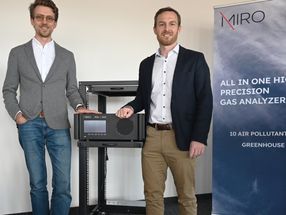Agilent Technologies and Metrohm develop method for detecting perchlorate contamination in water
Agilent Technologies Inc. and Metrohm AG announced a high-sensitivity method to detect perchlorate in surface and drinking water. Perchlorate, an explosive propellant used in rocket fuel, is a widespread and potentially harmful contaminant that affects thyroid function.
The U.S. Environmental Protection Agency (EPA) has set a preliminary public health goal (PHG) of 1 part per billion (ppb) for perchlorate in water. Agilent and Metrohm's new method can detect perchlorate at levels below 100 parts per trillion in drinking or surface water, allowing regulators and testing laboratories to reliably and easily identify water supplies that approach or exceed the PHG level.
According to the EPA, there have been confirmed perchlorate releases in at least 20 U.S. states. The California Department of Health Services reports that perchlorate has been detected in more than 350 water sources in California alone.
"This method provides regulatory agencies and laboratories with a powerful tool to identify and quantify perchlorate contamination and address potential health risks," said Mike McMullen, vice president and general manager of Agilent's Chemical Analysis Solutions unit. "The Agilent/Metrohm method is simple and reliable and does not require expensive or complex instrumentation. The combination of Agilent's and Metrohm's leading technologies will help customers meet regulatory demands for lower detection limits."
The Agilent/Metrohm method uses ion chromatography and mass spectrometry (IC/MS), combining the Metrohm Advanced Ion Chromatograph and Agilent 1100 Series mass selective detector as an affordable solution for environmental analysis. This application was developed as part of a co-marketing agreement between the two companies.
The new method has several advantages over conventional perchlorate detection techniques, which rely on ion chromatography with conductivity detection. Typical methods can measure perchlorate only at 1 to 5 ppb in drinking water, and the sensitivity decreases dramatically as sample complexity increases. Interference by other ions in the sample can cause false positive and false negative results. In addition, reproducibility when analyzing heavy matrix samples such as river water or wastewater is poor.
Topics
Organizations
Other news from the department research and development

Get the analytics and lab tech industry in your inbox
By submitting this form you agree that LUMITOS AG will send you the newsletter(s) selected above by email. Your data will not be passed on to third parties. Your data will be stored and processed in accordance with our data protection regulations. LUMITOS may contact you by email for the purpose of advertising or market and opinion surveys. You can revoke your consent at any time without giving reasons to LUMITOS AG, Ernst-Augustin-Str. 2, 12489 Berlin, Germany or by e-mail at revoke@lumitos.com with effect for the future. In addition, each email contains a link to unsubscribe from the corresponding newsletter.
Most read news
More news from our other portals
See the theme worlds for related content
Topic World Mass Spectrometry
Mass spectrometry enables us to detect and identify molecules and reveal their structure. Whether in chemistry, biochemistry or forensics - mass spectrometry opens up unexpected insights into the composition of our world. Immerse yourself in the fascinating world of mass spectrometry!

Topic World Mass Spectrometry
Mass spectrometry enables us to detect and identify molecules and reveal their structure. Whether in chemistry, biochemistry or forensics - mass spectrometry opens up unexpected insights into the composition of our world. Immerse yourself in the fascinating world of mass spectrometry!
Topic World Chromatography
Chromatography enables us to separate, identify and thus understand complex substances. Whether in the food industry, pharmaceutical research or environmental analysis - chromatography opens up a treasure trove of information about the composition and quality of our samples. Discover the fascinating world of chromatography!
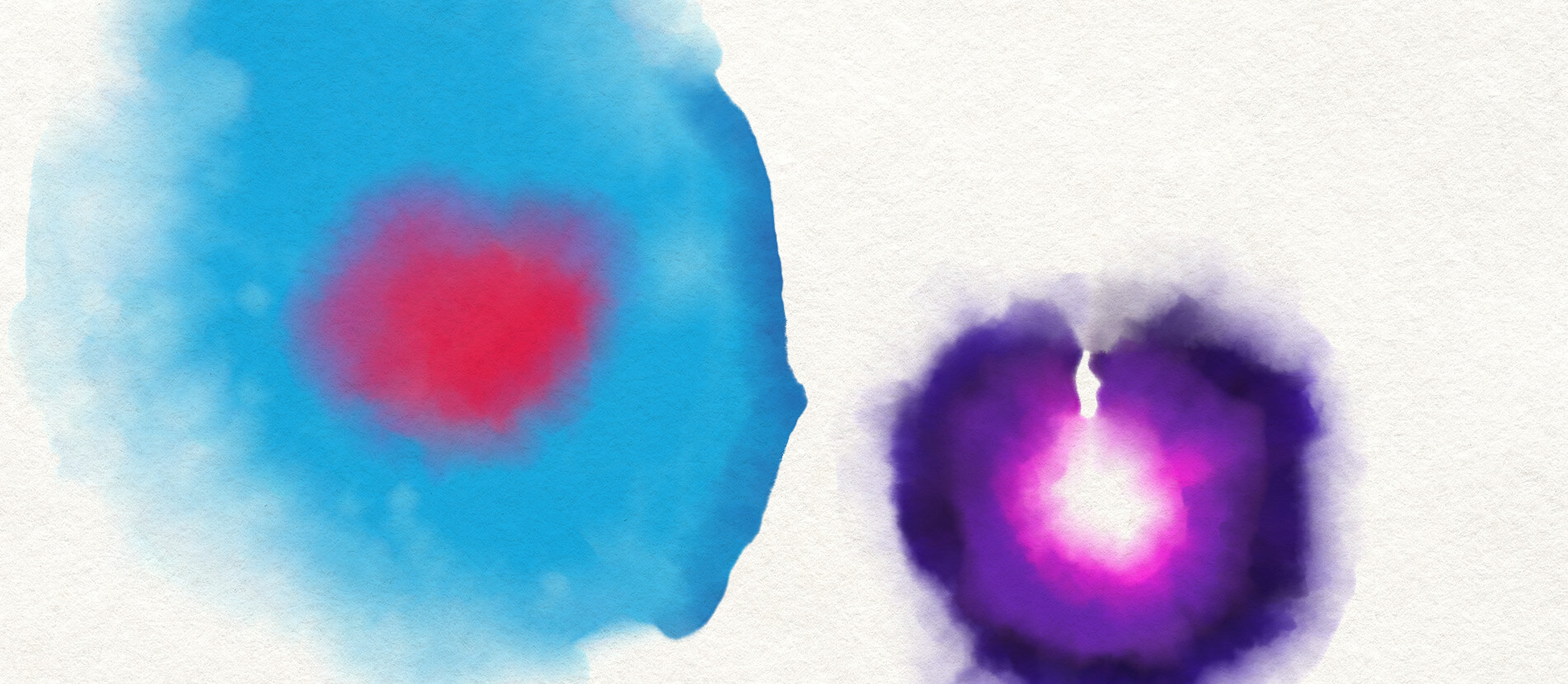
Topic World Chromatography
Chromatography enables us to separate, identify and thus understand complex substances. Whether in the food industry, pharmaceutical research or environmental analysis - chromatography opens up a treasure trove of information about the composition and quality of our samples. Discover the fascinating world of chromatography!
